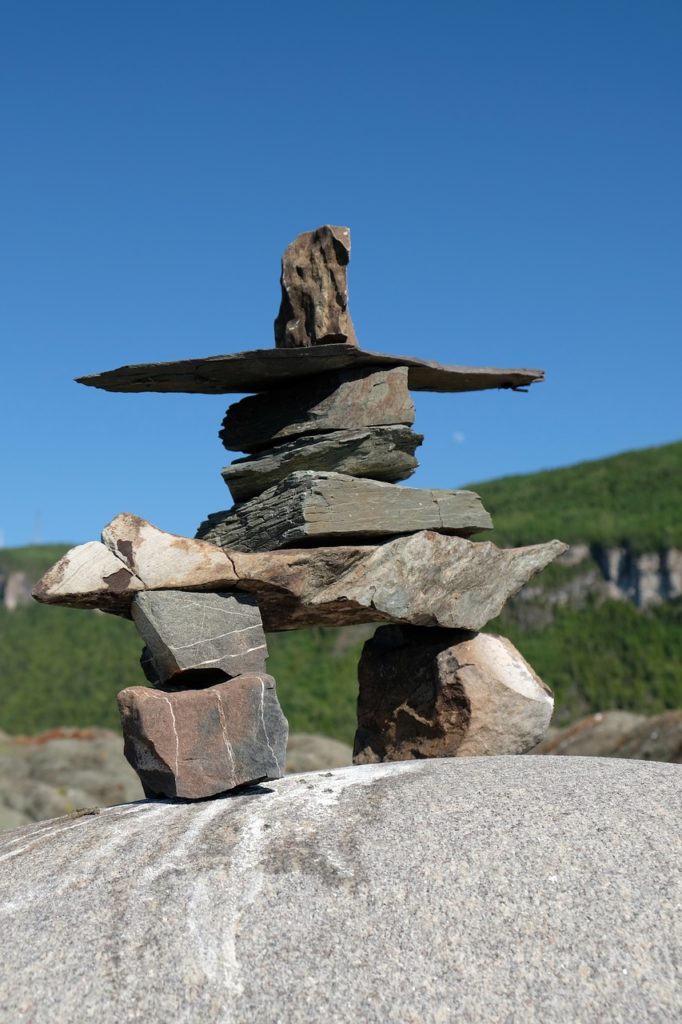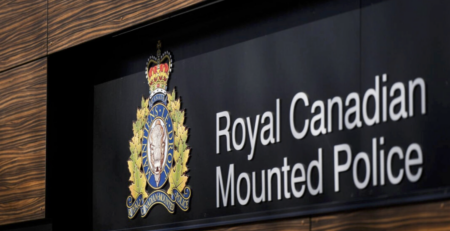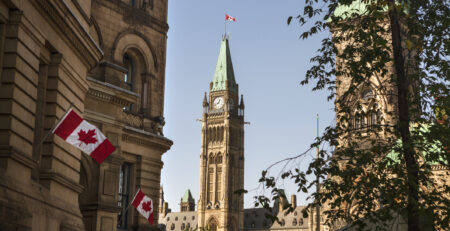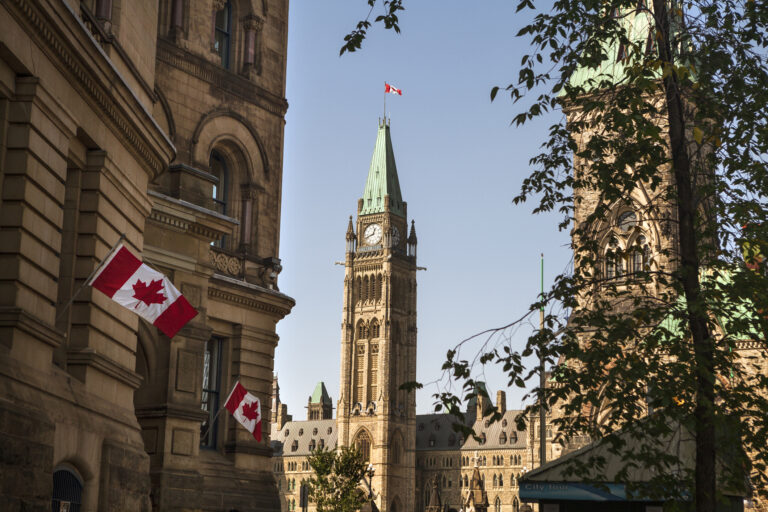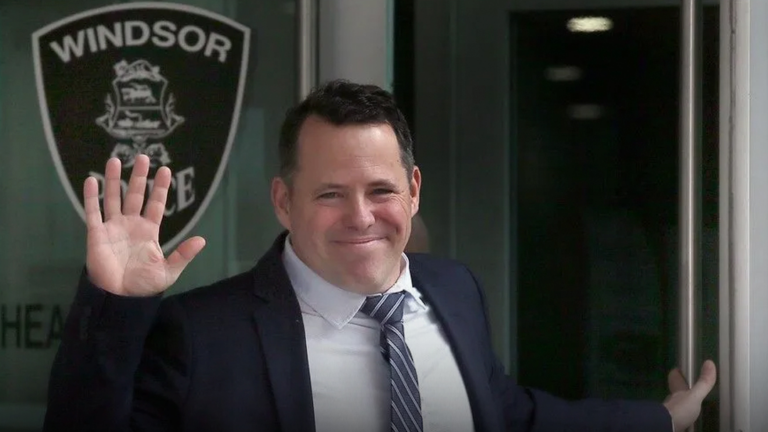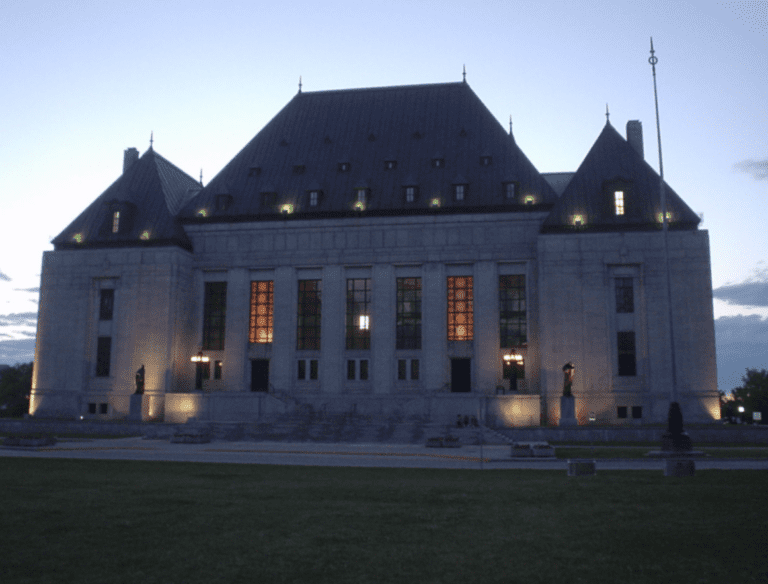by John Carpay
The B.C. Supreme Court has rendered an astonishing judgment against Candice Servatius, the mother whose young children were subjected to an Aboriginal “smudging” ceremony at a public school without her knowledge or consent.
Justice Douglas Thompson ruled on Jan. 8 that this ritual, intended to cleanse the classroom of bad energy by fanning smoke on the walls and furniture, was merely a cultural demonstration that did not impose any spirituality or religion on children.
In September of 2015, Servatius and other parents received a letter from the principal of John Howitt Elementary School in Port Alberni, B.C., about a “cleansing” of students and the classroom to be carried out by a member of the Nuu-chah-nulth First Nation of Vancouver Island. The letter described in detail how smudging, a spiritual ceremony that uses smoke from the burning of a plant considered sacred, would “cleanse” the classroom of bad “energy” and cleanse the “spirits” of the students, because “everything has a spirit” and “everything is one, all is connected.”
No “opt-out” provision was mentioned in the letter. At least one of the school’s teachers didn’t even bother to send the letter home to parents at all, testifying in court in November 2019 that parental consent wasn’t required.
The letter claimed that without cleansing, the classroom and even the furniture would harbour negative “energy,” and it implied that the classroom would not be safe until the “energy” was “released” through the smudging.
When Servatius went to the school to find out more about the cleansing ritual, she was told that her children had already gone through the ceremony, in which smoke from burning sage was fanned over the walls and furniture of her children’s classrooms. Several months later, an Aboriginal prayer was offered to a “god” at a school assembly that children were required to attend.
Servatius argued that because her children were required to be in the room while the cleansing ceremony was conducted, it was not a situation of her children merely “observing” or “learning about” Aboriginal smudging; her children were participating in a religious event. The smudging was religious because it was a spiritual cleansing ceremony, unavoidably predicated upon religious beliefs about spirits and energies in the unseen world.
The Servatius family argued unsuccessfully that being compelled to be present in the same space that is being spiritually cleansed amounts to compelled participation in a spiritual ceremony.
Justice Thompson’s decision flies in the face of other court rulings that prohibit schools from having children recite the Christian prayer known as the Lord’s Prayer. The Supreme Court of Canada has ruled that religious freedom includes the right to practise one’s faith, but also the right not to have a religion or religious practice imposed upon oneself. Requiring children to say the Lord’s Prayer in school amounts to imposing a religious exercise, even if the school provides an “opt-out” for children whose parents object, such as atheists, Jews, Jehovah’s Witnesses, and others.
Thompson ignored the 2016 Supreme Court of Canada ruling in Ktunaxa Nation v. British Columbia that Aboriginal spiritual beliefs qualify as “religion” protected by the Charter of Rights and Freedoms. Other courts and tribunals have also found, repeatedly, that smudging is a ritual that falls within the Charter’s protections for freedom of religion. Thompson also ruled that the school did not breach the government’s duty of neutrality regarding religion when it hosted the spiritual cleansing ceremony. Yet other court rulings denounce the recital of the Lord’s Prayer in schools as government favouring one religion over another.
The judgment selectively neglects the testimony of Nuu-chah-nulth education worker Sheri Cook, who wrote the letter that was sent to parents and who was present in the classrooms during the cleansing rituals. Cook testified that the cleansing was held specifically for the purpose of removing energy from a known incident of bullying in one classroom, and a case of personal injury in another. This bad energy, she said, exists in the unseen world and is cleansed by the ritual. Cook claimed that the walls, doors, and the space of the classroom itself were actually cleansed of bad energy by the sage smoke and that it was necessary to remove the bad energy. The smoke was heavy at times, she said, and touched all the children, even if the smoke might not have been waved over each child individually. Cook testified that the purpose of the ceremony was to cleanse the negative energy from classrooms and that the cleansing had a positive impact on the students themselves.
In addition to ignoring aspects of Cook’s evidence, Thompson also disregarded the school’s letter to parents, which clearly sets out the religious or spiritual nature of the cleansing, dismissing it as a mere “misstatement.”
How would Thompson have ruled if a Catholic or Orthodox priest had burned incense in the classroom of a public school, exposing all the children to this smoke? What if the priest had prayed against the negative energy of Satan and other evil spirits and asked for the blessings of the Christian God to descend on the classroom? What if the school had sent a letter to parents explaining that the purpose of the prayers and incense was to “cleanse” the classrooms as well as the “spirits” of the children?
Would Thompson have said this was merely a “demonstration” of Canada’s traditional Christian culture and one that did not in any way impose religion on children? Would the court have dismissed the concerns of atheist, Jewish, or Sikh parents who objected to their children being present in a classroom at the same time that a priest burned incense and prayed?
These questions are hypothetical. But nobody could be faulted for thinking that when it comes to the imposition of Aboriginal spirituality versus the imposition of other religions, the courts have a glaring double standard. Justice Thompson repeatedly referenced the “historical context,” a reference to the residential schools tragedy, apparently as a partial justification for this double standard.
But two wrongs don’t make a right. When it comes to spiritual ceremonies or religious rituals that are held in public school classrooms, one standard should apply to all.
Lawyer John Carpay is President of the Justice Centre for Constitutional Freedoms (JCCF.ca), which represents Candice Servatius in her court action against School District 70.


